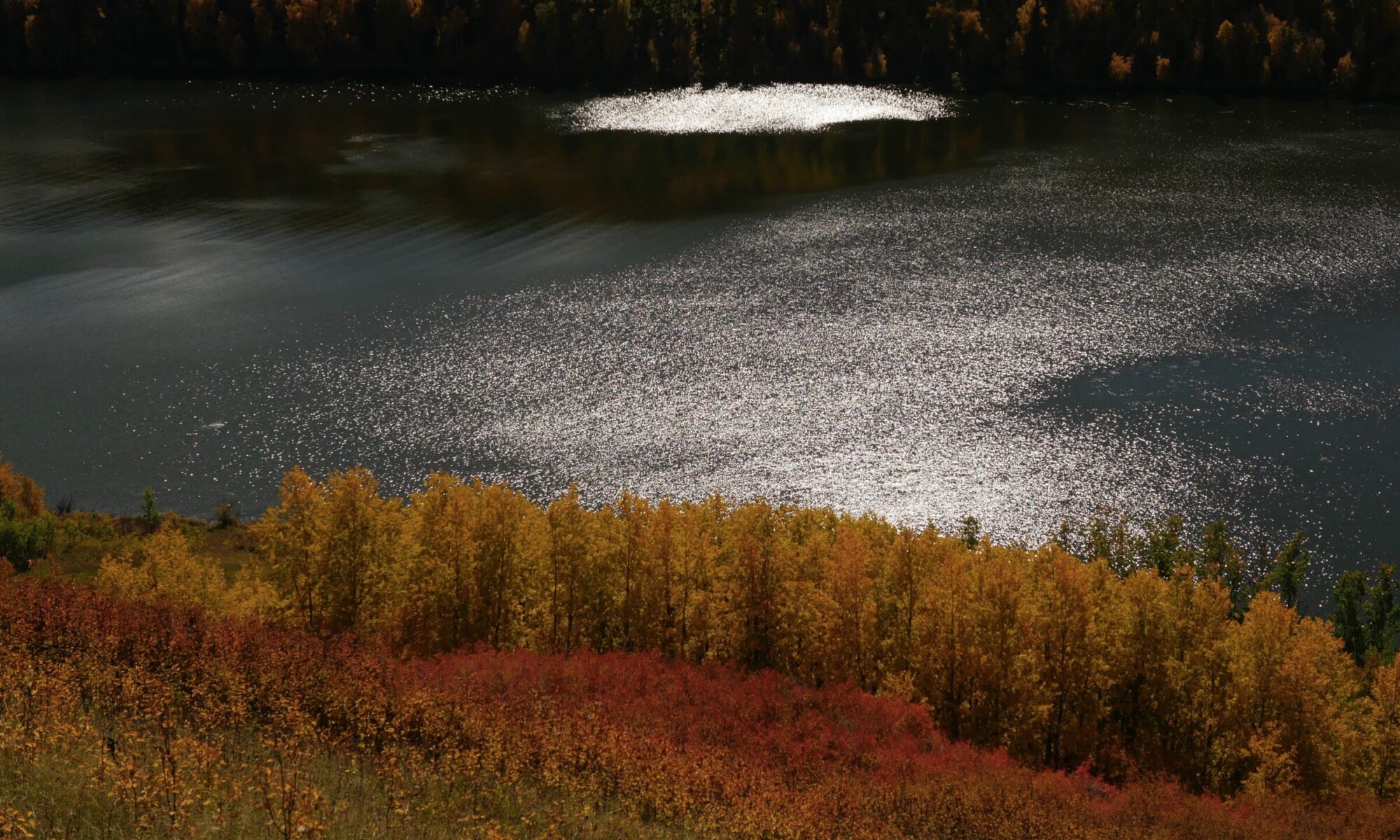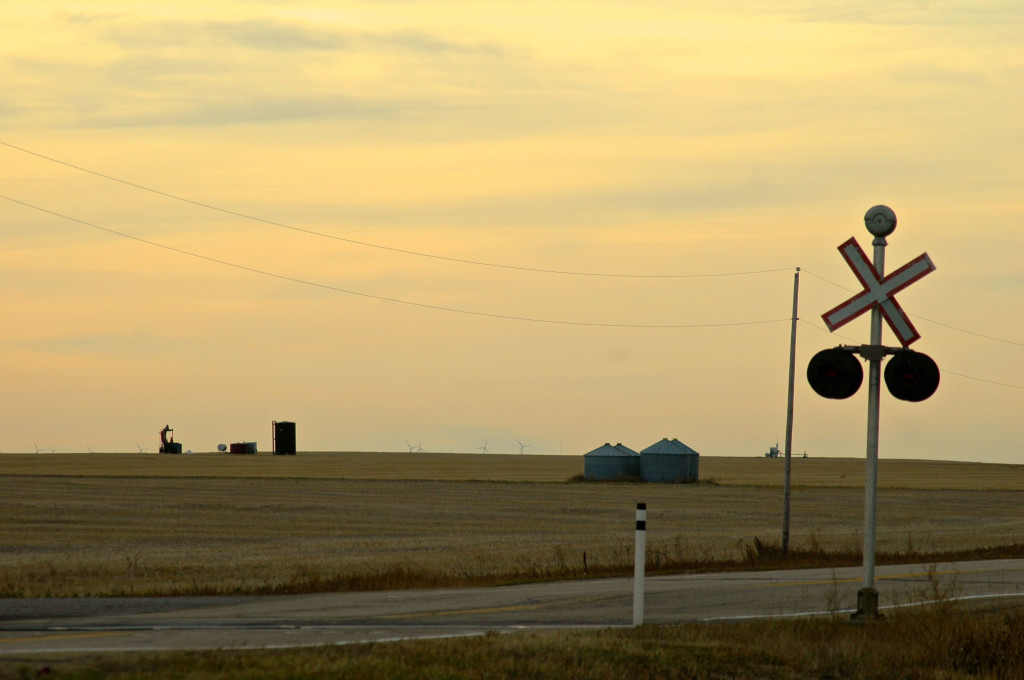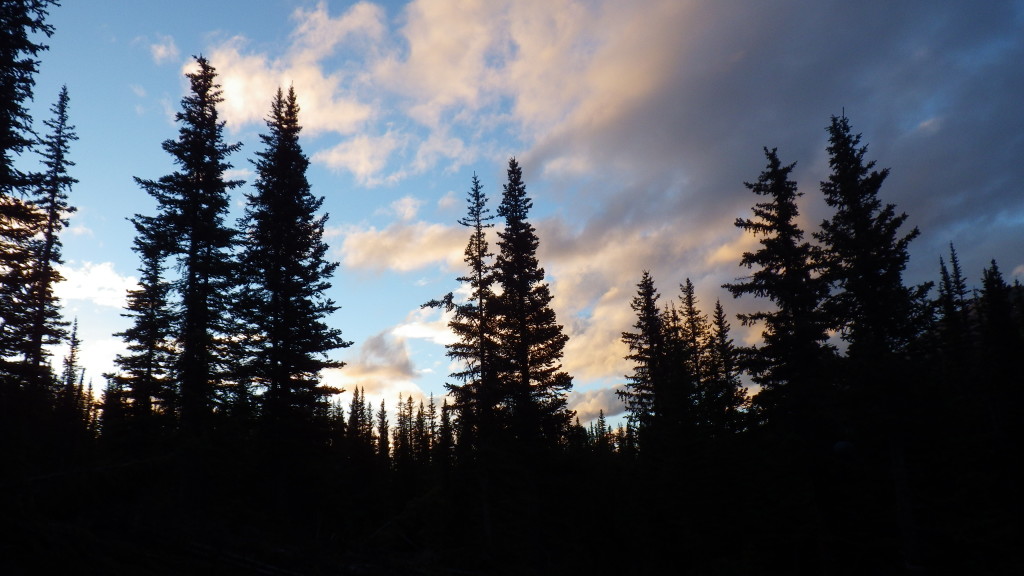Reflection #7
While reading Jim Wallis’s “Rediscovering Values”, I realized how disconnected I was, and probably still am, from my own values. One quote that really resonated with me was actually from the epilogue, written by Jim’s 24-year old assistant. “We will have to face the challenge of making sure these changes and conversions are not just a phase of life, but a way of life.” This is something that I have been thinking a lot about lately. Sure, right now I am very active in social justice and positive and holistic environmental and economic change, but will I still be this passionate once I graduate? Will I continue to act consciously in my purchases, my lifestyle and in my relationships?
Wallis’s book culminates with a chapter that outlines “Twenty Moral Exercises”to assist individuals in making lasting change in their lives. As I read these moral exercises and reflected on the other chapters, I was made aware of one key thing: I have never clearly defined my values. This seems like such a basic thing, and as a GDS student who takes a variety of actions based on my values, it should not be hard to list them out. Perhaps this has something to do with my lack of affiliation with an organized religion or faith group. Regardless, I have realized that while I feel connected to many different causes and beliefs, I do not have a coherent grasp of my values.
The first moral exercise listed by Wallis is “Calenders and Budgets are Moral Documents”. This exercise reminds us that what we say are our values and the values we act are two very different things. That means that my challenge is two-fold: not only do I have to identify my values, but I also have to compare them to my present reality and time management. As a student, I have more time than money to offer, as how I spend my time is almost an entire list of my true values. I decided to do this moral exercise as part of this week’s reflection- to make a list of the priorities/values in my life and compare and contrast it to my calendar and see how the two line up.
My priorities in life include: my family and friends, education and school, social justice, teaching, reading and travel. These are also all things that I value- I value my relationships and learning, along with feminism and environmentalism, activism, broadening my mind and having new experiences. Above all, I value passion and engagement with others and the community, whether it be local or international. I value critical thinking and living with an awareness of the world around us.
However, when I look at my actions a different story is told. A usual day for me includes waking up early, going to school or Fiona’s to study, running the Newcomer’s Program at the Library, going to class, reading articles off of facebook, working on papers or reading, grabbing a quick bite, studying more, and sometimes going to jump rope practice, having coffee with a friend or watching TV. Looking at this schedule, I can see that the vast majority of my time is spent on school, and while university is my reality right now, it is really all consuming in my life.
As Wallis says, one answer to rebuilding our economy with our values imbedded in it is to have balance. Balance is definitely what I need in my life as well, in order to really reconcile my thoughts with my actions.



